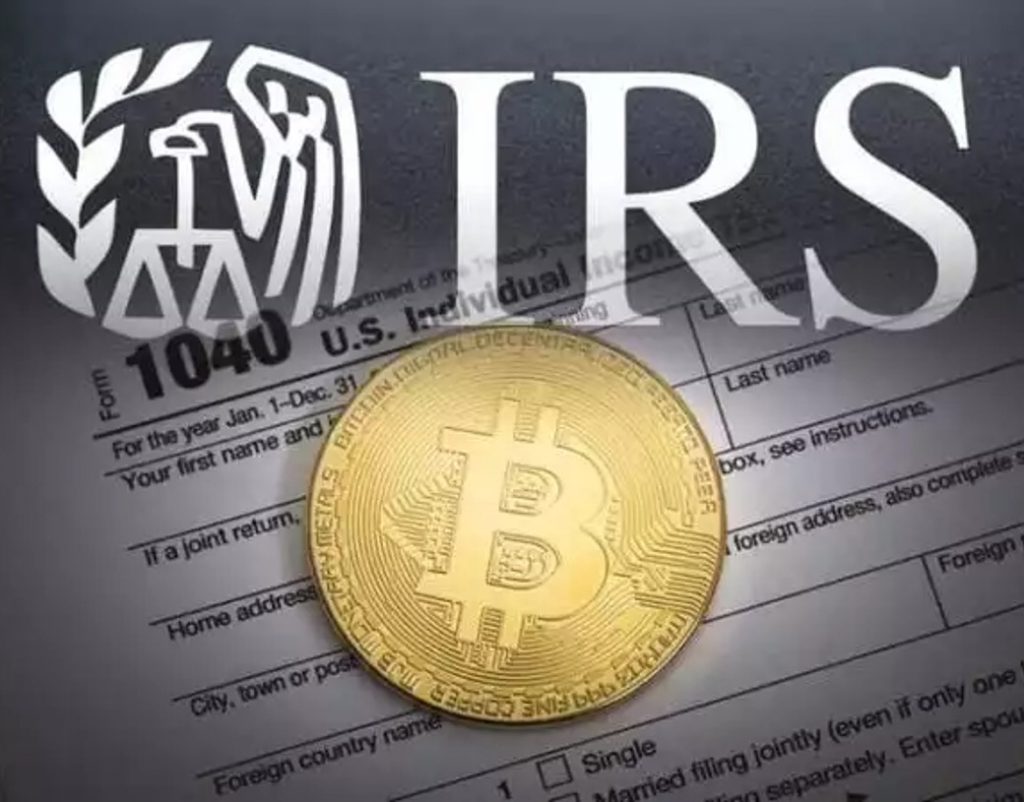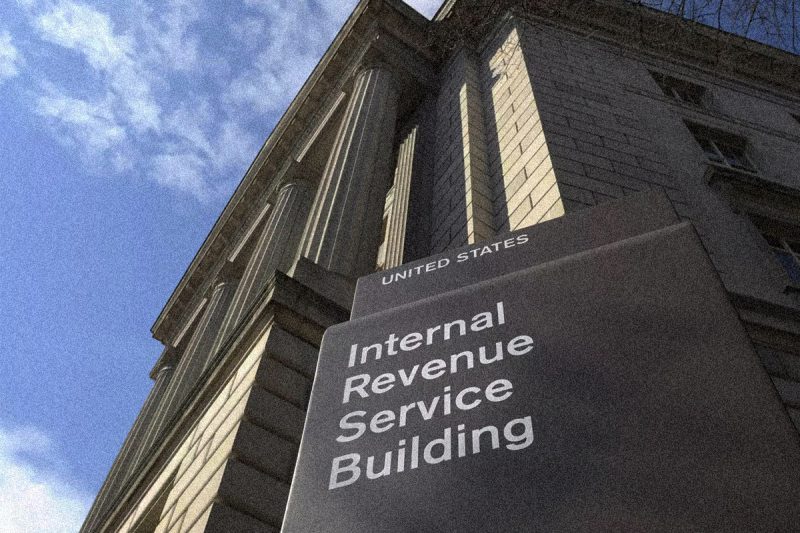Understanding Cryptocurrency Taxation
Cryptocurrency taxation might seem like a daunting subject, but it’s essential to understand how it works. Today, we’ll delve into answering the big question, “Does Crypto.com Report to the IRS?”.
A Brief Overview
When you first dabble in the world of cryptocurrency, you may not realize that the IRS considers virtual currencies like Bitcoin, Ethereum, and other digital assets to be property.
This means that, in the eyes of the IRS, buying, selling, exchanging, or utilizing cryptocurrency for goods and services can have tax implications.


First, you should know that the IRS requires you to report all cryptocurrency transactions, whether purchasing, selling, or exchanging.
This means that you’ll need to keep track of your transactions, their dates, and their fair market value in U.S. dollars at the time of the transaction. If you fail to report these transactions, the IRS may impose penalties, fines, and interest on any unpaid taxes.
Another aspect of cryptocurrency taxation you should be aware of is capital gains tax.
You may be subject to capital gains tax when you sell, exchange, or otherwise dispose of your virtual currency. This tax is calculated based on the difference between the cost basis (the original purchase price) and the fair market value at the time of the transaction.
Depending on how long you’ve held onto your cryptocurrency, these capital gains could be taxed at either short-term or long-term rates.
Does Crypto.com report to the IRS?
Now that you understand cryptocurrency taxation, the question remains: Does Crypto.com report to the IRS? The simple answer is yes. Crypto.com, like other exchanges, is subject to the same regulations and reporting requirements as traditional financial institutions. This means they must report certain transactions and account information to the IRS.
One of the primary ways that Crypto.com reports to the IRS is by issuing Form 1099-K. This form reports payment card and third-party network transactions above a certain threshold.
If you meet the criteria, Crypto.com will send you a Form 1099-K, which you must include in your tax return.
It’s also worth noting that Crypto.com may be required to share customer information with the IRS under certain circumstances.
For example, if Crypto.com receives a summons from the IRS requesting specific account information, they must comply.
How does the IRS track crypto.com transactions?
You might wonder how the IRS can track Crypto.com transactions when dealing with virtual currencies. The truth is that the IRS has a variety of methods for identifying and monitoring cryptocurrency transactions.
One method is through the information provided by exchanges like Crypto.com. As mentioned earlier, Crypto.com is required to issue Form 1099-K to customers who meet specific criteria. This form contains details about your transactions, which the IRS can use to verify your reported income and capital gains.
Another way the IRS can track crypto.com transactions is through data analysis. The IRS has access to advanced data analysis tools to help them identify patterns and trends in cryptocurrency transactions. By analyzing this data, they can potentially detect unreported transactions or other discrepancies.
Finally, the IRS can also rely on whistleblowers and informants to identify potential cases of tax evasion involving cryptocurrency. If someone knows about unreported transactions or other tax violations, they can report this information to the IRS and may be eligible for a reward.
Tips for staying compliant with IRS cryptocurrency regulations
To ensure that you stay compliant with IRS cryptocurrency regulations, consider following these tips:
- Keep detailed records of all your cryptocurrency transactions, including the date, amount, and fair market value in U.S. dollars at the time of the transaction. This information will be essential when it comes time to file your taxes.
- Familiarize yourself with the tax implications of different types of transactions, such as trading, exchanging, and spending cryptocurrency. Knowing the tax consequences of each action can help you make informed decisions and avoid potential pitfalls.
- Be honest and report all your cryptocurrency transactions, even if you think they might be insignificant or won’t result in a tax liability. Failing to report transactions can lead to penalties, fines, and interest.
- Consult with a tax professional who has experience with cryptocurrency taxation. They can help you navigate the complexities of the tax code and ensure that you stay compliant with IRS regulations.


Frequently asked questions about Crypto.com and IRS reporting
Do I have to report Crypto.com to the IRS?
Yes, you must report all your cryptocurrency transactions, including those made through Crypto.com, to the IRS. This includes purchases, sales, exchanges, and other types of transactions.
How does the IRS know I bought crypto?
The IRS can learn about your crypto transactions through various methods, such as information provided by exchanges like Crypto.com, data analysis, and whistleblowers.
What are the penalties for not reporting cryptocurrency transactions?
If you fail to report your cryptocurrency transactions, the IRS may impose penalties, fines, and interest on any unpaid taxes. In some cases, criminal charges may also apply.
Conclusion: Staying informed and compliant with IRS regulations
Understanding how Crypto.com handles IRS reporting and navigating the complexities of cryptocurrency taxation can seem overwhelming. However, by staying informed and diligent about your transactions, you can avoid potential pitfalls and ensure that you remain compliant with IRS regulations.
Remember to keep detailed records of all your transactions, report all income and capital gains, and consult with a tax professional if you’re unsure about any aspect of cryptocurrency taxation. By taking these steps, you can enjoy the benefits of investing in and using digital currencies while staying on the right side of the law.





